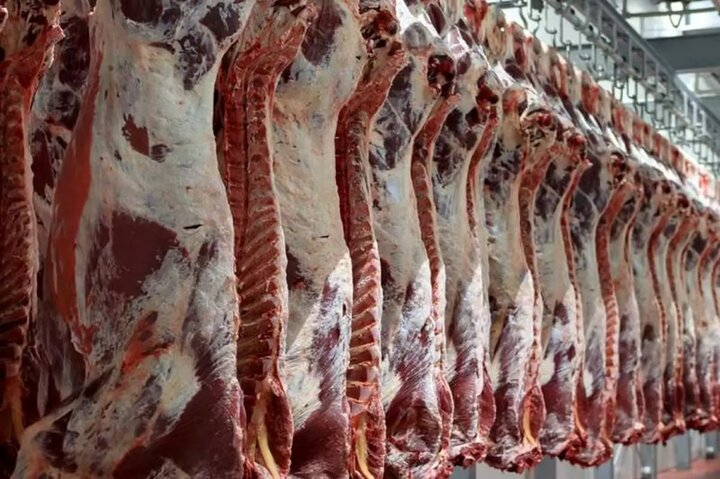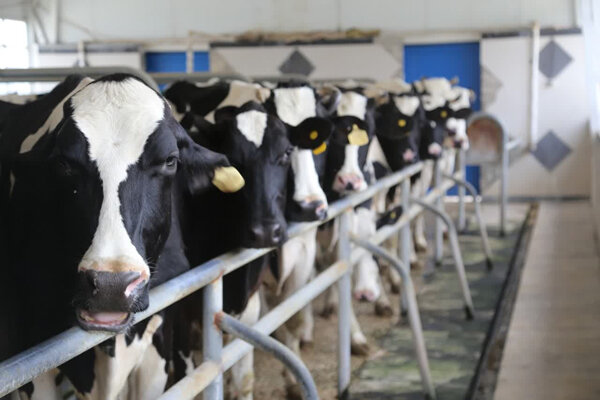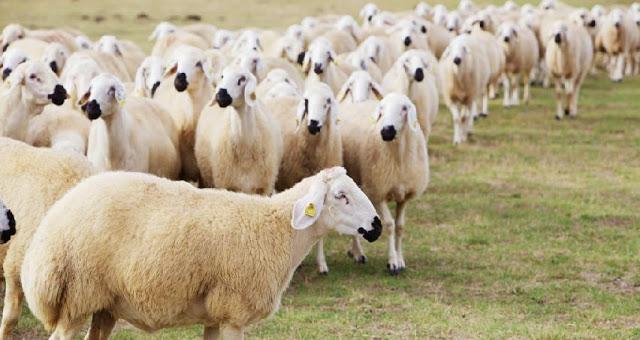Livestock and livestock products



The import of live animals is one of the important parts of the agriculture and animal husbandry industry, which has an important impact on the economy of countries. As a result, it can help meet the protein needs of people in the community. Also, it can create new markets for the export of livestock and livestock products of countries and strengthen trade relations between countries.
Benefits of importing live animals
Importing live livestock as a basic strategy to meet the food and protein needs of society has great benefits and importance. This activity can lead to increasing genetic diversity and improving the quality of livestock. Also, it can provide new markets for the export of livestock and livestock products of countries and create foreign exchange income for them. This activity can help to strengthen commercial relations between countries and provide new opportunities for international cooperation. Also, importing live animals can help countries to achieve a better attitude in animal husbandry and agriculture and contribute to the sustainable development of these industries.
Disadvantages of importing live animals
Importing live animals also brings disadvantages and risks. The first problem is that the import of live livestock can lead to a decrease in demand for local livestock and put pressure on the domestic market. This may lead to a decrease in the price of local livestock and the destruction of local producers. Also, it can introduce health risks and animal diseases to the country and lead to the threat of public health.
In addition, it can lead to the loss of water and energy resources and the food used through long-distance transportation is wasted. As a result, it will increase trade discrimination and pressure on domestic producers and reduce the flexibility of dependence on live livestock exports. Therefore, it is necessary to pay attention to these disadvantages and implement appropriate policies in this field in order to manage this matter carefully.
Necessary permits for importing live animals
By entering international markets and importing livestock, a number of necessary permits and documents are required to carry out this activity, which generally include the following:
– Import license from the Ministry of Agriculture or similar institutions in the country of origin and destination
– Issuance of animal health certificate by animal health authorities in the country of origin
– Animal health and health certificates from reputable veterinarians in the country of origin
– Documents related to vaccination and other necessary vaccinations for imported livestock
– A valid certificate for the absence of disease or the ability to transmit it to domestic livestock
– Diagnostic documents to prove the health and safety of imported livestock
Livestock transportation insurance in case of live import
– Legal documents and books required for livestock clearance
– Payment of relevant taxes, duties and customs tariffs
The importance of these licenses and documents is that they ensure the health of livestock, public health and the quality of imported livestock products. Failure to comply with these matters can lead to legal, health and economic problems and provide a basis for the spread of livestock diseases and their transmission to domestic livestock. Therefore, it is very important to observe and maintain these licenses and documents for importing live animals.
Rules related to the import of live animals
The import of live animals in every country is subject to special laws and regulations, the purpose of which is to preserve the health of animals, increase the quality and reliability of livestock products, and protect the public health of society. The laws related to the import of live animals include health standards, animal health and disease control, compliance with import rules and conditions, and clearance rules.
In many countries, livestock imports are under the supervision of the Ministry of Agriculture or similar institutions. These institutions are responsible for assessing animal health and diseases, issuing health certificates and import contracts, receiving samples for health tests, and making decisions about importing live animals. In addition, the laws related to this matter include the rules of live animal transportation, transit and compliance with the conditions of animal transfer.
Also, in many countries regulatory laws are also considered in terms of customs and tax tariffs. These laws are used in order to regulate the market and create a balance between domestic and foreign entities. In general, compliance with the laws and regulations related to the import of live animals is very vital to maintain public health, maintain the health of livestock and improve the quality of livestock products, and the violation of these laws may lead to serious economic and health problems.